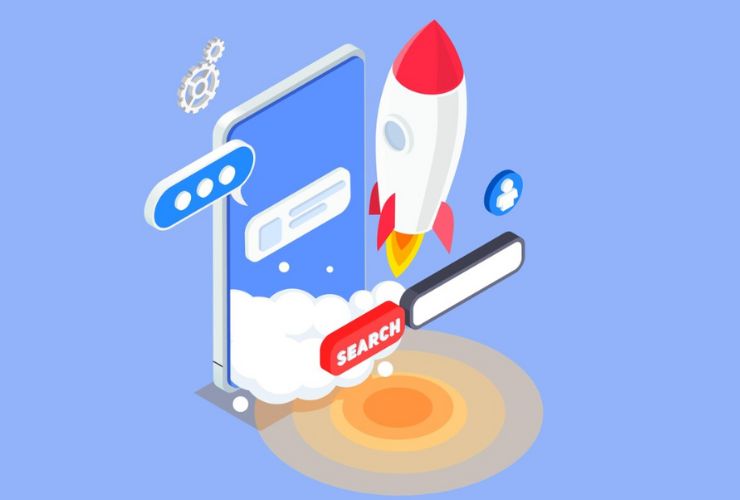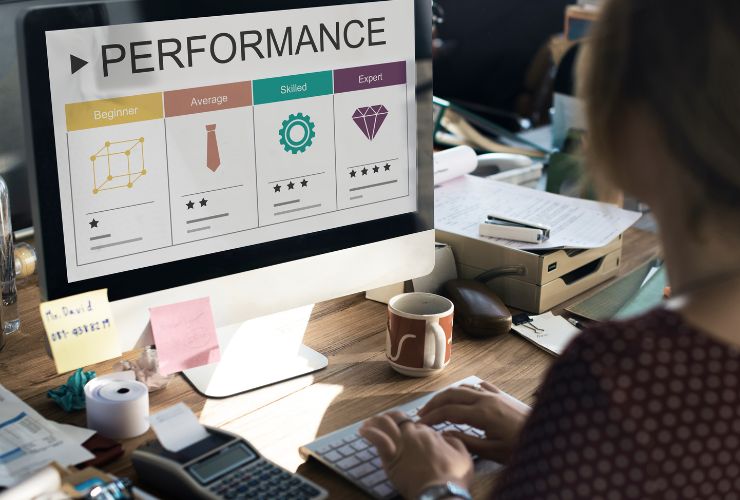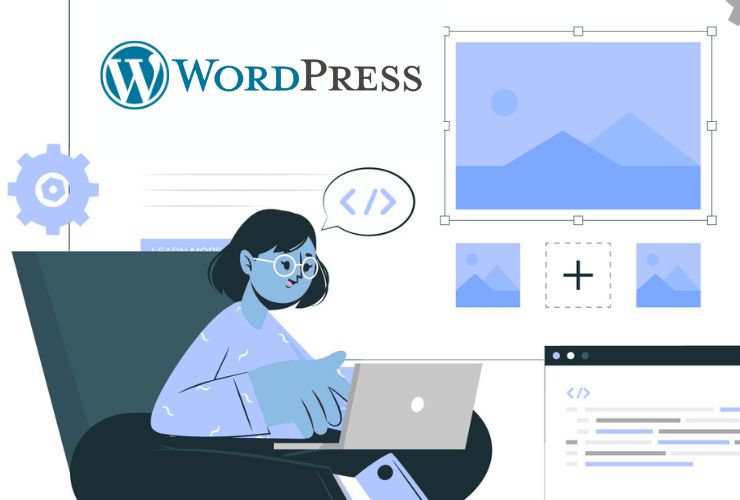In today’s fast-paced digital landscape, every second counts. When it comes to websites, page speed is crucial—not just for user satisfaction but also for search engine optimization (SEO). But why does page speed matter so much for SEO? Let’s explore the reasons why faster websites tend to rank higher in search results and discover actionable tips to enhance your website’s performance.
Why Page Speed Matters
1. User Experience
Page speed has a direct effect on how users interact with your site. Research shows that most visitors expect a webpage to load in under three seconds. If your site takes too long, users are likely to bounce, meaning they’ll leave before it fully loads. A high bounce rate can harm your rankings on search engines like Google, which prioritizes providing users with the best experience possible.
2. Search Engine Rankings
Google has made it clear that page speed is a key ranking factor. In 2021, the search giant introduced Core Web Vitals as part of its page experience signals. These metrics focus on speed, responsiveness, and visual stability. Websites that meet or exceed these benchmarks are more likely to see higher rankings in search results, which translates to increased visibility and potential traffic.
3. Mobile Optimization
With mobile browsing on the rise, ensuring your site loads quickly on smartphones is more important than ever. Google uses mobile-first indexing, meaning it primarily uses the mobile version of your site for ranking. If your website is slow on mobile devices, you risk losing both rankings and potential customers.
4. Conversion Rates
A sluggish website can severely affect your conversion rates. Whether you’re running an e-commerce site, a blog, or a portfolio, slow loading times can deter users from engaging with your content or making purchases. A well-optimized, fast-loading site keeps users engaged and increases the likelihood of conversions.
5. Competitive Advantage
In many industries, competition is fierce. A fast-loading website can help differentiate you from competitors who may not prioritize speed. If potential customers notice that your site loads quickly and efficiently, they are more likely to choose your products or services over those of slower competitors.
How to Improve Your Page Speed
1. Optimize Images
Images often account for a significant portion of a website’s loading time. You can dramatically improve load times by compressing images and using the right file formats. Tools like TinyPNG or ImageOptim can help you reduce image sizes without sacrificing quality.
2. Minimize HTTP Requests
Each element on your webpage—like images, scripts, and stylesheets—requires an HTTP request. Reducing the number of requests by combining files, using CSS sprites, and limiting unnecessary plugins can significantly speed up loading times.
3. Leverage Browser Caching
Browser caching allows browsers to store elements of your website locally on users’ devices. This means that when users return, their browser can load the site faster. Configure caching settings on your web server or use plugins if you’re using platforms like WordPress.
4. Use a Content Delivery Network (CDN)
A CDN distributes your website’s content across multiple servers worldwide. When users access your site, they are served from the nearest server, which reduces loading times. Services like Cloudflare or Amazon CloudFront are excellent options for implementing a CDN.
5. Optimize CSS and JavaScript
Minifying your CSS and JavaScript files removes unnecessary spaces, comments, and characters, which can help speed up your site. Many tools and plugins can automate this process, making it easier for you.
Conclusion
In summary, page speed is a crucial aspect of SEO that significantly affects user experience, search rankings, and conversion rates. As the digital landscape continues to evolve, prioritizing website speed has become essential. By investing time in optimizing your site for speed, you’ll not only enhance user experience but also improve your SEO performance.
Contact Us Today













 Database Development
Database Development












































